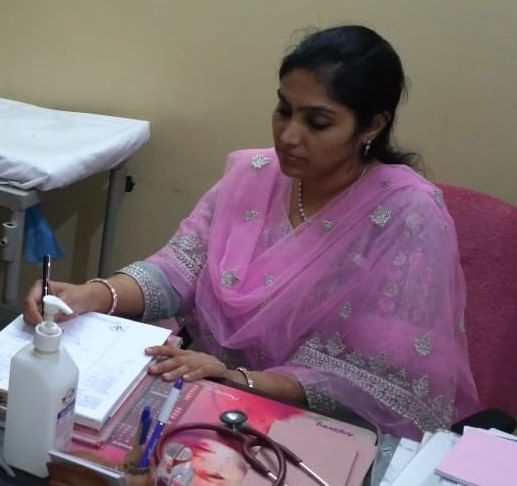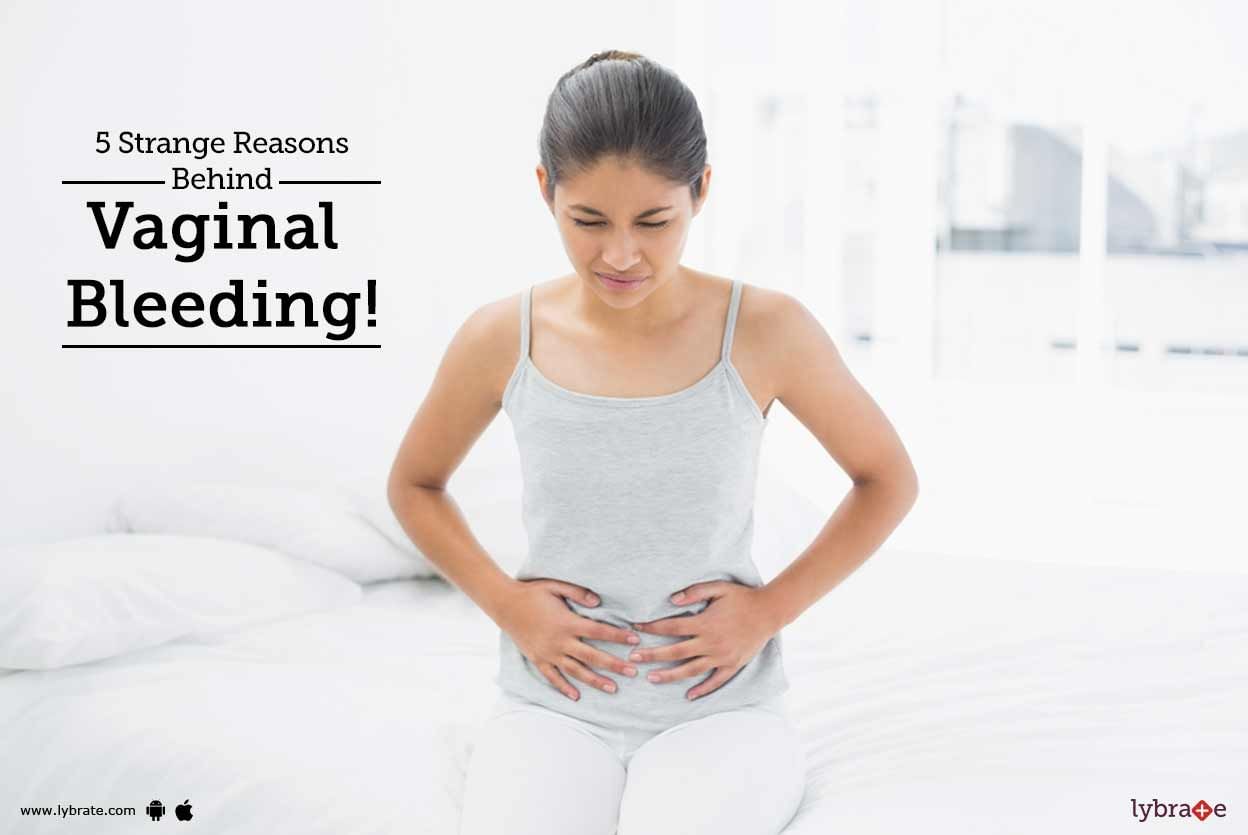Get the App
For Doctors
Login/Sign-up
About
Health Feed
Find Doctors
Health Packages
AllQ&AsTipsQuizzes
Bleeding disorder Tips
Last Updated: 4 years ago• Featured Tip
Share
Bookmark
Report
Most women attain menopause between the ages of late 40s and early 60s, the average age being about 51. This is an important milestone in a women-s gynecological history. One major change is altered female hormone levels, and this leads to a lot of physiological changes. From hot flashes to mood swings, there is also increased predisposition to osteoporosis and uterine cancer.
If you have not had your menstrual cycles for close to 12 months, chances are you are into menopause. So, that ...more
If you have not had your menstrual cycles for close to 12 months, chances are you are into menopause. So, that ...more
Last Updated: 5 years ago• Featured Tip
Share
Bookmark
Report
Menorrhagia is menstrual condition characterized by an abnormal loss of blood or heavy, prolonged bleeding. Although heavy bleeding is not uncommon in premenopausal women, menorrhagia is a severe condition which generally interferes with your daily activities. If your vagina bleeds irregularly or between periods, in addition to such heavy bleeding that at least one pad or tampon gets soaked every few hours, it is highly recommended that you seek medical attention.
Symptoms:
Sig...more
Symptoms:
Sig...more
Last Updated: 5 years ago• Featured Tip
Share
Bookmark
Report
Most women attain menopause between the ages of late 40s and early 60s, the average age being about 51. This is an important milestone in a women's gynecological history. One major change is altered female hormone levels, and this leads to a lot of physiological changes. From hot flashes to mood swings, there is also increased predisposition to osteoporosis and uterine cancer.
If you have not had your menstrual cycles for close to 12 months, chances are you are into menopause. So, that ...more
If you have not had your menstrual cycles for close to 12 months, chances are you are into menopause. So, that ...more
Last Updated: 5 years ago• Featured Tip
Share
Bookmark
Report
What is menopause?
Menopause is that phase in the life of a woman when she can no longer reproduce. It involves the loss of fertility and the cessation of the menstrual cycle. The woman will stop bleeding every month and the ovaries stop producing eggs that can be fertilized. Menopause normally sets on after the age of 40 and bleeding may permanently stop by the age of 50.
Post menopausal bleeding
You are known to reach menopause when you have not been bleeding for 1 entire year...more
Menopause is that phase in the life of a woman when she can no longer reproduce. It involves the loss of fertility and the cessation of the menstrual cycle. The woman will stop bleeding every month and the ovaries stop producing eggs that can be fertilized. Menopause normally sets on after the age of 40 and bleeding may permanently stop by the age of 50.
Post menopausal bleeding
You are known to reach menopause when you have not been bleeding for 1 entire year...more
Last Updated: 5 years ago• Featured Tip
Share
Bookmark
Report
Every woman has her own pattern of menstruation. Abnormal bleeding can lead to excessive and unnecessary blood loss and may result into anemia. If a woman notices that the amount and or number of days of menstruation are more... she should get herself checked to find out why is she having excessive bleeding. Many women think that it is good that they are bleeding heavily. But that is a myth.
Causes:
Hormonal imbalance
Polyps or fibroids
Uterine infections
Cance...more
Causes:
Hormonal imbalance
Polyps or fibroids
Uterine infections
Cance...more
Last Updated: 5 years ago• Featured Tip
Share
Bookmark
Report
Postpartum hemorrhage is a condition where a woman may lose a lot of blood (approximately 500ml to 1000ml) from her vulva shortly after childbirth. This usually occurs within the first 24 hrs of childbirth and can even result in severe blood loss threatening the mother s life in case the blood loss is over 2000 ml. Secondary postpartum hemorrhage can also occur until 12 weeks after childbirth and this extra care should be taken, if there is any such possibility.
Symptoms of postpartum h...more
Symptoms of postpartum h...more
Last Updated: 5 years ago• Featured Tip
Share
Bookmark
Report
Nosebleed is a condition wherein blood vessels burst in the nasal lining. Nosebleeds are fairly common and it is rarely a serious condition.
I. Anterior nosebleed:It is caused by the eruption of a blood vessel at the tip of the nose. Anterior nosebleeds are generally easy to control by yourself or by a doctor.
II. Posterior nosebleed: It is a rare type of nosebleed. Posterior nosebleed mostly occurs in older people. It occurs when an artery bursts behind the nose, which causes the blood ...more
I. Anterior nosebleed:It is caused by the eruption of a blood vessel at the tip of the nose. Anterior nosebleeds are generally easy to control by yourself or by a doctor.
II. Posterior nosebleed: It is a rare type of nosebleed. Posterior nosebleed mostly occurs in older people. It occurs when an artery bursts behind the nose, which causes the blood ...more
Last Updated: 5 years ago• Featured Tip
Share
Bookmark
Report
Vaginal bleeding is a common phenomenon in women. Sometimes it is due to cyclical changes in the cycle, while other times, it may be indicative of something unnatural and perhaps severe.
Abnormal vaginal bleeding includes:
Heavy periods: This is a very common phenomenon. Bleeding during periods cannot be measured with optimum accuracy but periods can be considered heavy if it lasts over 7 days, if you need double protection, or if you seem to pass too much clots. It is recommen...more
Abnormal vaginal bleeding includes:
Heavy periods: This is a very common phenomenon. Bleeding during periods cannot be measured with optimum accuracy but periods can be considered heavy if it lasts over 7 days, if you need double protection, or if you seem to pass too much clots. It is recommen...more
Last Updated: 6 years ago• Featured Tip
Share
Bookmark
Report
Unexpected or abnormal vaginal bleeding usually refers to the kind of bleeding that occurs any time outside of the normal time of menstruation. Also termed as spotting, inter-menstrual bleeding or metrorrhagia, bleeding between periods always calls for extra measures to be taken against it, and is a matter of serious concern.
The primary causes for unexpected vaginal bleeding generally are:
An imbalance of progesterone and estrogen levels triggered by a variety of causes like ...more
The primary causes for unexpected vaginal bleeding generally are:
An imbalance of progesterone and estrogen levels triggered by a variety of causes like ...more
Last Updated: 6 years ago• Featured Tip
Share
Bookmark
Report
Gastrointestinal bleeding, as the name suggests, is characterized by bleeding in the gastrointestinal (GI) tract and its accessory organs (esophagus, stomach, colon, small intestine, rectum, and anus). The bleeding also referred to as gastrointestinal hemorrhage, is not a disease in itself. However, it may be an indication of a disease, injury or infection in the digestive tract of a person. The bleeding in the GI tract may be mild to chronic (often fatal), depending on the severity of the condi...more
Book appointment with top doctors for Bleeding disorder treatment
View fees, clinic timings and reviews
Ask a free question
Get FREE multiple opinions from Doctors
posted anonymously





















